Manchester Arena attack: 'Chaotic' response after bomb blast
- Published
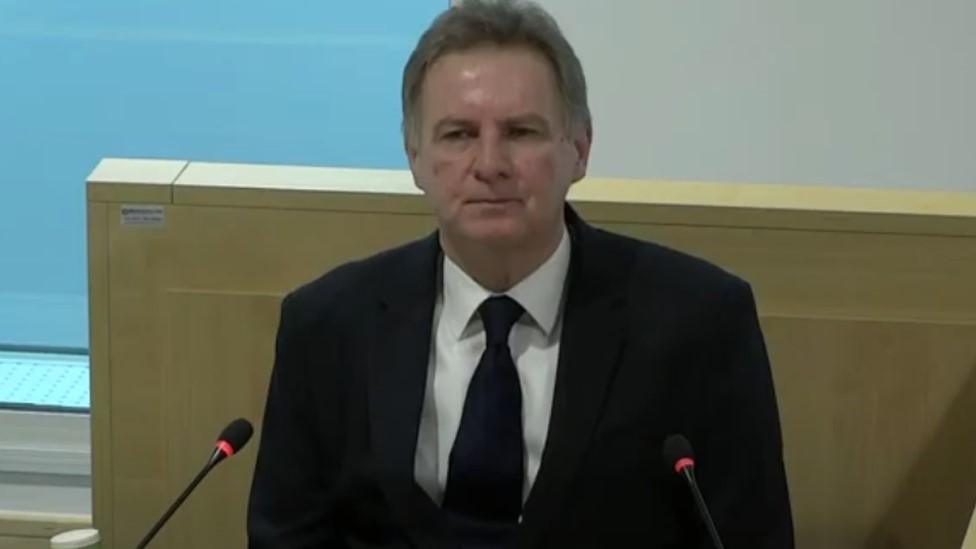
Andy Dark, of the Fire Brigades Union, said crews were left confused and "humiliated"
A "chaotic" response to the Manchester Arena bombing was the result of fire crews being "starved of information", a public inquiry has heard.
Andy Dark, assistant general secretary of the Fire Brigades Union, said his members were ready to "muck in".
But he said Greater Manchester Fire and Rescue Service failed to respond properly to the terror attack due to a breakdown in communications.
Crews were left feeling "humiliated", he said.
Mr Dark told the inquiry in Manchester: "The key problem I think for the fire and rescue service on the night was being starved of information and, to an extent, not accessing information by other means."
Suicide bomber Salman Abedi killed 22 and injured hundreds more when he detonated a device in the City Room foyer at the Arena on 22 May 2017.
Earlier, the inquiry, which is examining the emergency response to the attack, was told the fire service had crews ready to go in that were trained in operating in terror incidents and treating casualties, which could have saved lives.
Despite some firefighters being close enough to hear the bomb go off, fire crews did not attend until their bosses eventually gave the green light to go in two hours later.
Some injured had to be carried down stairs on makeshift stretchers made of advertising hoardings, while firefighters, who had the required equipment were directed to wait three miles away from the arena.
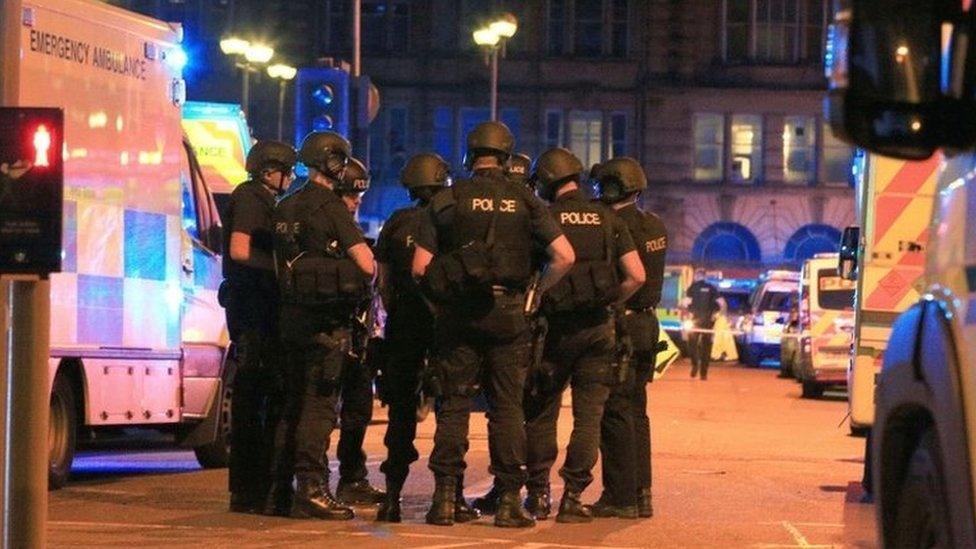
The public inquiry into the bombing is hearing evidence covering the emergency response
Greater Manchester Police (GMP) had declared Operation Plato, a pre-planned response to what they believed was a marauding terrorist firearms attack, as erroneous reports of gunfire had come in.
But GMP failed to inform fire and ambulance teams and they were kept away from the scene.
Mr Dark said: "Firefighters knew something serious was happening. They could not understand why they were not being deployed."
Inquiry chairman Sir John Saunders asked if firefighters could have not waited for orders to go in but "self-deploy".
Mr Dark said while the fire service in the station is "democratic, collegiate, consensual" while on an operation, "it's a dictatorship" with staff having to follow orders.
He said if a firefighter had been in the City Room they would have reported back that there was no "active shooter" and fire chiefs would then have told crews: "Roll up your sleeves, get in there."
But, he added "they didn't have that" and on the night what happened was "chaotic" and left firefighters feeling "humiliated".
Mr Dark added: "If they had had the information, their decision making, their actions, their deployment would have been far quicker, far better, and you would have firefighters' boots on the ground in that City Room far, far earlier."
The inquiry continues.

Why not follow BBC North West on Facebook, external, Twitter, external and Instagram, external? You can also send story ideas to northwest.newsonline@bbc.co.uk
Related topics
- Published8 March 2021
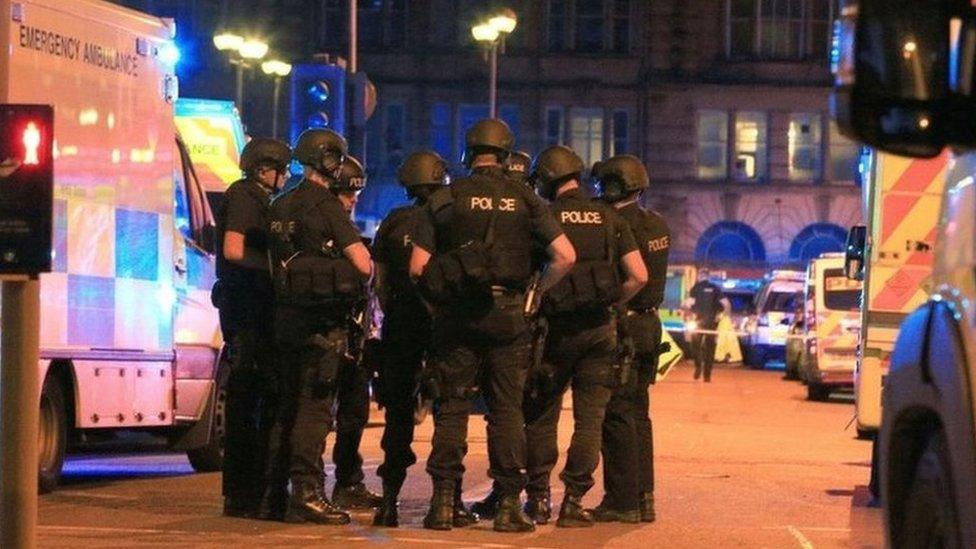
- Published3 March 2021
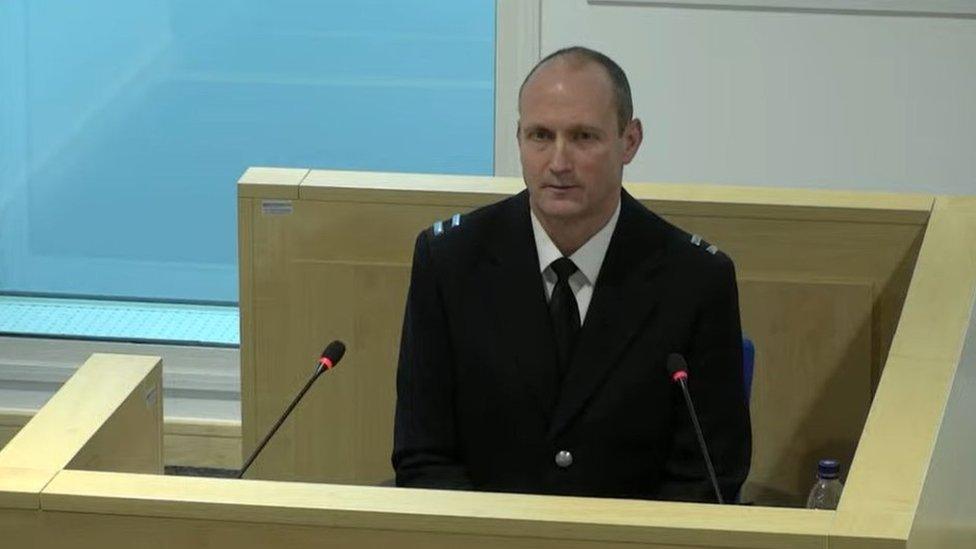
- Published2 March 2021
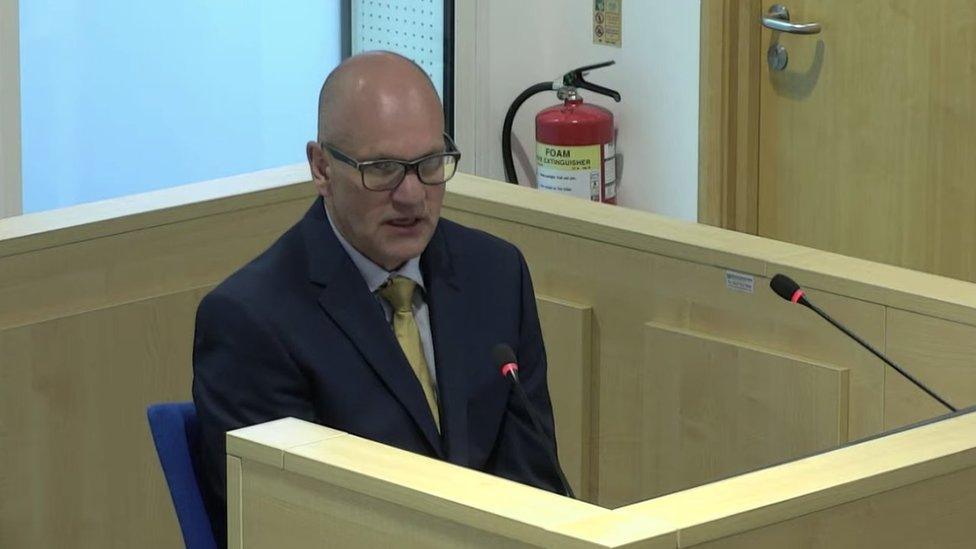
- Published24 February 2021

- Published17 March 2020
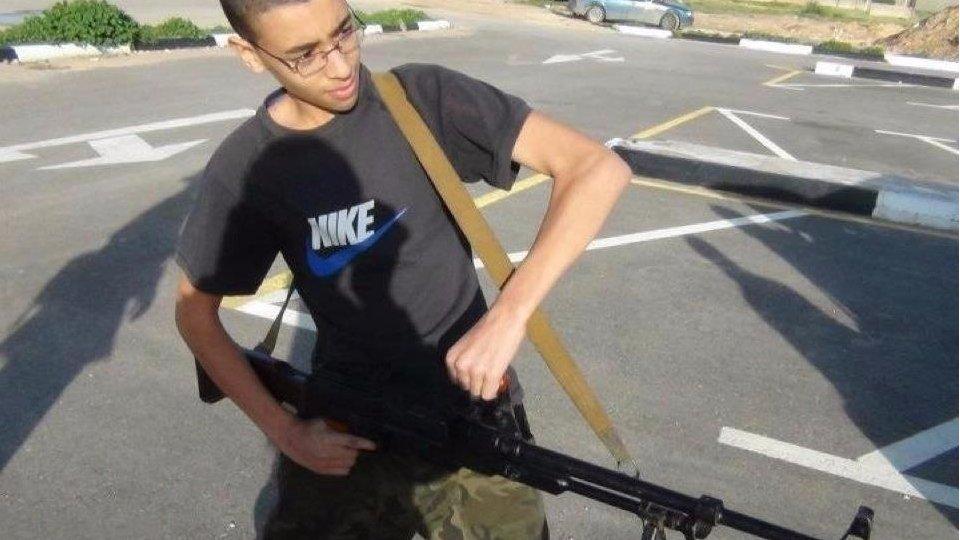
- Published3 November 2022
